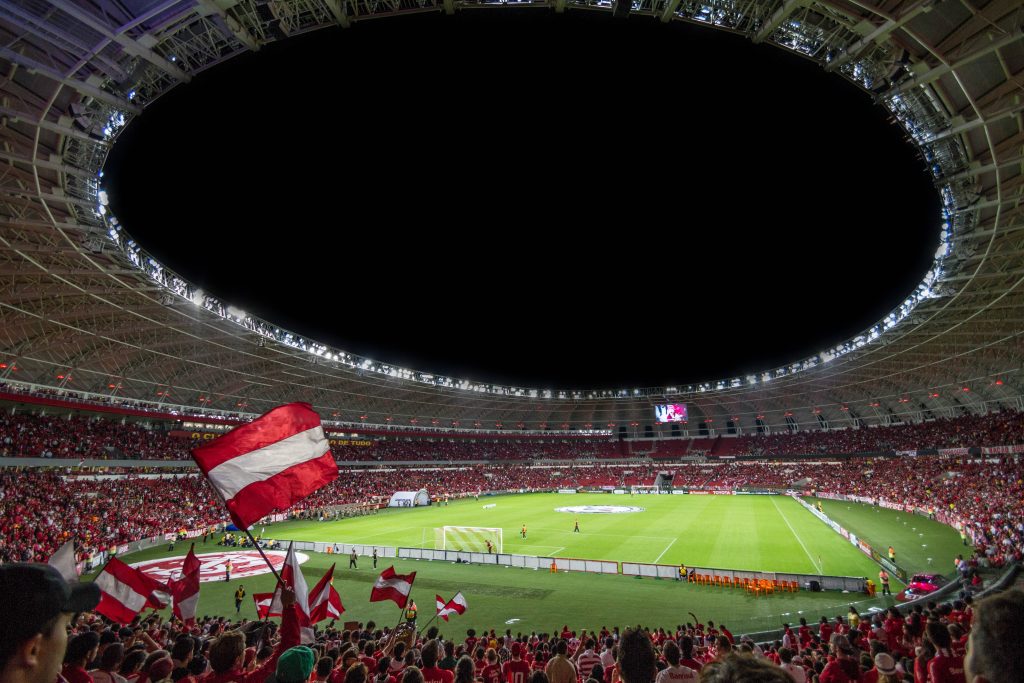

It’s been too long since we the people had fun.
To be sure, we’ve had a lot of fun at each other’s expense. And it’s been a cost worth paying, mainly. David Roth on Donald Trump will survive as long as the study of Trump does, hilarity that signals insight. The American presidency in the SNL funhouse really is must-see-TV, in this democracy at least. And in the digital welter of everyday life, the meme has become a shortcut to (admittedly short-lived) sanity. The pretentiousness of democratic piety requires the irreverence of political fun.
But there are other kinds of fun, fun that aims not for laughter but for play. It’s a kind of play liberal democracy, with its high walls and open spaces, makes possible. If our public square is, as we often say, an arena, why not an arena for play?
We’ve got sturdy, time-honored rules, after all, spawned by a deep confluence of traditions—political, intellectual, religious. These rules have not only permitted but sparked brilliant, consequential performance at the highest levels. What’s the fun of living the liberal life if you don’t engage in liberal play?
Our smartest predecessors understood well the possibilities. Like kids let out for recess, they seized them.
Consider, for instance, an episode from the 1960s. Richard Hofstadter, a historian at Columbia, had just published his 1963 Pulitzer-prize winning book Anti-Intellectualism and American Life, in which he suggested that the intellectual life “has a peculiar poise of its own,” characterized by “playfulness and piety.” In short time Christopher Lasch, Hofstadter’s former research assistant, followed him down this trail. At the start of his 1965 volume The New Radicalism in America Lasch described an intellectual as “a person from whom thinking fulfills at once the function of work and play.”
What did such play look like for Hofstadter and Lasch?
A contact sport. By the end of the book Lasch was decrying “the anti-intellectualism of the intellectuals”: the very intellectuals he believed Hofstadter in his book to be complacently venerating.
At this moment, as the 1960s were exploding into “the Sixties,” Lasch was moving rapidly to the left while Hofstadter had settled in as a guardian of the liberal center. The sharpness of their conflict notwithstanding, Lasch had asked Hofstadter to read The New Radicalism in its manuscript form. The players kept playing. Hofstadter’s next move was to take the book to Alfred Knopf and urge publication. Knopf did. And Lasch, hitherto a fledgling scholar, became a star, thanks in part to one of the great players of the age, whose dedication to the game made scouting out talent a must. Whatever challenges—and challengers—Hofstadter faced, he knew their absence in a democracy was the very definition of loss.
Play is a sign that we’ve got something right: The relationship has a chance. Learning may just take place in this classroom. That candidate might win!
The absence of play, we know well, signals the decline of promise in any sphere.
Current is a playground. Sometimes it will feel like chess. Other times kickball. The playground does have fencing. But that only exists to ensure one thing: that the play becomes the thing.
For many of us it’s been a somber string of years. Some of us, rumor has it, have even resorted to video games. (And worse.) Might it yet be possible to play?
We hope readers will find in Current loose and lively exchange among dedicated writers—players aiming for a prize, even as they realize that the game is prize enough.
There’s a lot at stake in our world, as our writers will day by day make clear. And the clock is ticking. That’s all the more reason to go at it in the spirit of play. Let the games begin.
Eric Miller is Professor of History and the Humanities at Geneva College, where he directs the honors program. His books include Hope in a Scattering Time: A Life of Christopher Lasch, and Brazilian Evangelicalism in the Twenty-First Century: An Inside and Outside Look(co-edited with Ronald J. Morgan). He is the Editor of Current.
Eric Miller is Professor of History and the Humanities at Geneva College, where he directs the honors program. His books include Hope in a Scattering Time: A Life of Christopher Lasch, and Brazilian Evangelicalism in the Twenty-First Century: An Inside and Outside Look (co-edited with Ronald J. Morgan). He is the Editor of Current.